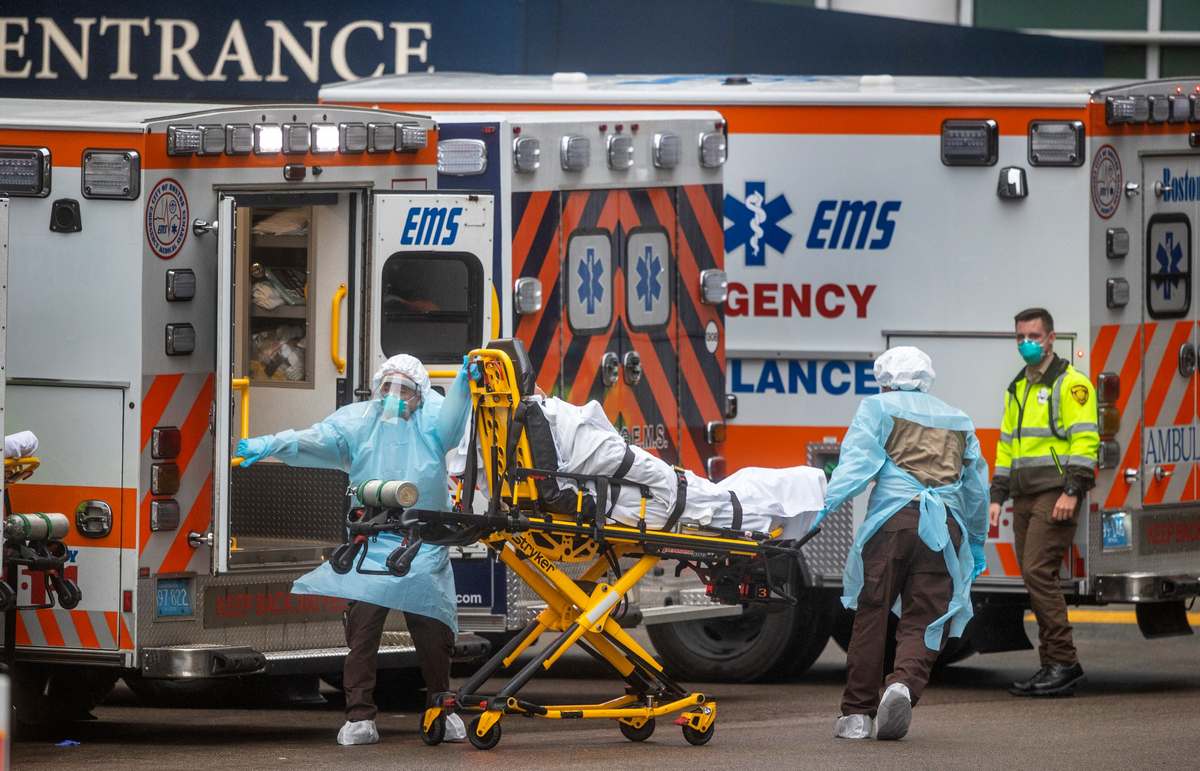Researchers from Spain and Canada evaluated the role of three blood test indicators that affect the survival of patients with severe COVID-19. The main one was the level of specific antibodies against coronavirus adhesion protein. It is these antibodies that are formed during vaccination. The results of the study are published in the Journal of Internal Medicine.
The extent to which a person is protected from coronavirus infection can be judged by three indicators of blood tests: the level of specific antibodies against certain antigens or parts of the virus; total number of antigens or antigenemia; and the amount of viral RNA in the blood. Until now, it was unknown which of these indicators to take as the key to determining the degree of risk of death.
Specific antibodies against SARS-CoV-2 adhesion protein block virus replication; antigenemia – an indicator of the total number of foreign substances that the body defines as antigens; and the amount of viral RNA can be used to estimate the current amount of virus in the body.
For the study, the authors selected the results of tests on 92 adult patients who from March 16 to April 15, 2020 during the first wave of the pandemic were hospitalized at the University Hospital of Rio Ortega and the University Hospital of Valladolid, as well as Gregorio Maranona Hospital and the University Hospital Asturian in Madrid. All of them were diagnosed with COVID-19 by PCR test, and during the first 24 hours of hospital stay they had a blood test.
The researchers compiled a profile of antibodies in the blood of patients, primarily IgM and IgG antibodies specific for the S-protein of SARS-CoV-2 virus. They evaluated the relationship between the levels of these antibodies, the concentration of viral RNA and the presence of the nucleoprotein (N) protein SARS CoV-2 in plasma, as assessed by N-antigenemia, and the effect of these parameters on the risk of patient mortality.
The researchers found that only one of the three parameters directly correlated with a high risk of death-low response of antibodies against the S-protein of SARS-CoV-2 virus. The other two parameters are related to the first. In the absence of antibodies, N-antigenemia is about two and a half times higher than their high level, and the load on viral RNA is inversely proportional to the number of antibodies. In other words, those with a poor antibody response had high levels of viral RNA and scattered viral proteins in their blood.
“Our results confirm that treatment with exogenous antibodies to COVID-19 should be personalized, and such therapy should only be used for patients with no or low levels of endogenous antibodies,” said study co-author Jesus Bermejo-Martin, MD, of the Institute. biomedical research in Salamanca, quoted in a press release from the publisher.
The study provided additional evidence of the importance of antibodies against SARS-CoV-2 adhesion protein to block virus replication. The authors hope that their results will help establish the optimal level of antibodies needed by each patient in critical condition to overcome COVID-19.

